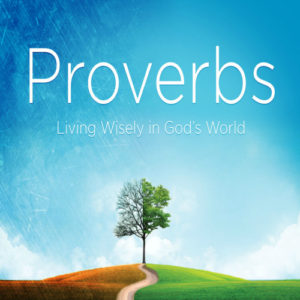 This study of Proverbs is the first of what I hope to be many more Family Worship Radio book studies. Each study will be between 5 and 8 minutes in length and will typically consist of a solitary point. I always aim to promote understanding and stir the affections, warming both the heart and the mind.
This study of Proverbs is the first of what I hope to be many more Family Worship Radio book studies. Each study will be between 5 and 8 minutes in length and will typically consist of a solitary point. I always aim to promote understanding and stir the affections, warming both the heart and the mind.
I look forward to your feedback and seeing this family worship podcast blossom into something useful in God’s glorious kingdom.
Here is a thought from Charles Bridges on this wonderful book in our Bible:
“An accurate apprehension of the main end and scope of this Book will greatly facilitate the understanding of it. Different portions of Scripture may be seen to have different ends, all however subordinate to one end–primary and supreme. Without entering into detail foreign to our purpose, suffice it to remark, that the end of this Book appears to be, to set out a system of practical instruction, generally applicable. Nor let this be thought a low gradation in the Christian scheme. Unpalatable as it may be to the mere professor of godliness, the true man of God will honour practical inculcation in its place, no less than doctrinal statement. “The truth as it is in Jesus”–that which flows from him, leads to him, and centers in him–that in which “we are to be learned, and to be taught by him”–is practical truth. (Eph. iv. 20-24.)
While other parts of Scripture shew us the glory of our high calling; this may instruct in all minuteness of detail how to “walk worthy of it.” Elsewhere we learn our completeness in Christ (Col. ii. 10): and most justly we glory in our high exaltation as “joint-heirs with Christ, made to sit together in heavenly places in Christ Jesus.” (Rom. viii. 17. Eph. ii. 6.) We look into this Book, and, as by the aid of the microscope, we see the minuteness of our Christian obligations; that there is not a temper, a look, a word, a movement, the most important action of the day, the smallest relative duty, in which we do not either deface or adorn the image of our Lord, and the profession of his name. Surely if the book conduced to no other end, it tends to humble even the most consistent servant of God, in the consciousness of countless failures. Not only therefore is the last chapter–as Matthew Henry would have it–‘a looking-glass for ladies,’ but the whole Book is a mirror for us all.” ~ Charles Bridges
